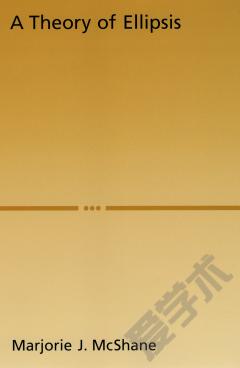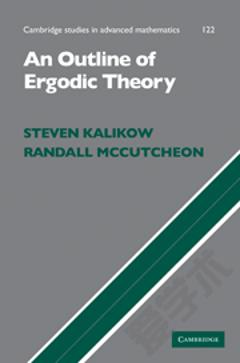A Theory of Ellipsis
Ellipsis is the non-expression of one or more sentence elements whose meaning can be reconstructed either from the context or from a person's knowledge of the world. In speech and writing, ellipsis is pervasive, contributing in various ways to the economy, speed, and style of communication. Resolving ellipsis is a particularly challenging issue in natural language processing, since not only must meaning be gleaned from missing elements but the fact that something meaningful is missing must be detected in the first place. Marjorie McShane presents a comprehensive theory of ellipsis that supports the formal, cross-linguistic description of elliptical phenomena taking into account the various factors that affect the use of ellipsis. A methodology is suggested for creating a parameter space describing and treating ellipsis in any language. Such "ellipsis profiles" of languages will serve a wide range of practical applications, including but not limited to natural language processing. In contrast to earlier work, this theory focuses not only on what can, in principle, be elided but in what circumstances a given category actually would or would not be elided--that is, what renders ellipsis mandatory or infelicitous. A theory of ellipsis has been elusive because to produce an adequate account of this ubiquitous phenomenon one needs to address and integrate data from a wide variety of linguistic research areas. Using data primarily from Russian, English, and Polish, McShane looks at the big picture of ellipsis, integrating the syntactic, semantic, morphological, and pragmatic heuristics and bridges work on ellipsis with the larger study of reference. This is groundbreaking linguistic scholarship that bridges the theoretical and the applied, and will interest scholars in the fields of computational, descriptive, and theoretical linguistics.
{{comment.content}}








 京公网安备 11010802027623号
京公网安备 11010802027623号